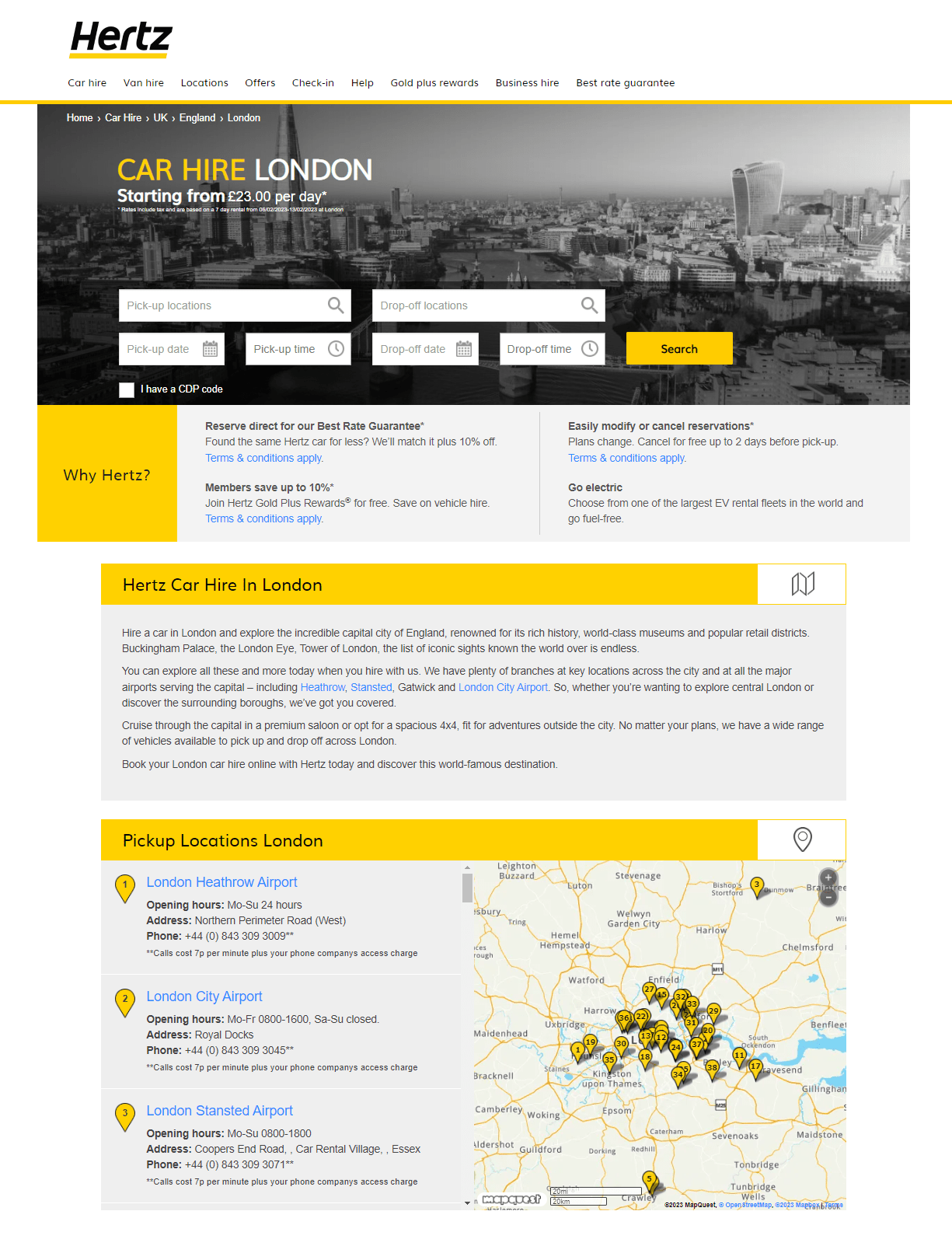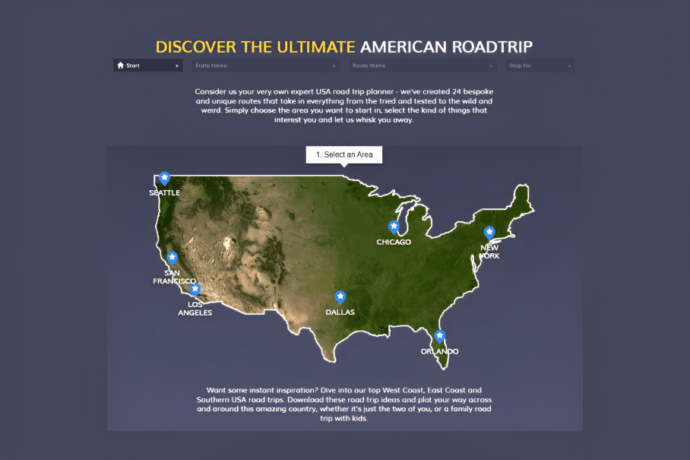Customer-first content
The only limitations to DTC content are the brands’ creative ability and, to a degree, the DTC platform they use.
The guiderails put in place by Amazon and other retailers should not be considered irrelevant for DTC sites. In fact, the opposite – Amazon’s “rules” come from their obsession with putting customers first. So if you are at ground zero with your DTC site, consider what Amazon does and, within reason, mirror it on your DTC site.
However, given the DTC playground is more open, what else should an effective DTC Content Strategy be?
When we think about direct-to-consumer (DTC) content, we usually think of Product Detail Pages (PDPs).
Good PDPs are critical, and they’re the first thing you should get right when you’re selling DTC.


DTC Content Strategy
PDPs can drive conversions, make your paid media work harder, and improve your organic rankings, but there’s a lot to consider beyond this. At IPG Mediabrands Commerce, we use a complete content approach, breaking the various kinds of content down into four areas: functional, informational, engaging, and advertising.
It all starts with insights – content needs to be written to appeal to your target customer base. You need to know who they are, where they are digitally active, and how they are searching. Only then can you start to plan out the types of content you’ll need for an optimized DTC experience.
Informational Content
Functional content’s primary goal is to close the sale. The pages answer specific product queries rather than general discovery searches. It’s also important for DTC sites to tap into consumers who are higher up the funnel in the discovery phase.
Informational content helps achieve this as it taps into your prospective consumer’s wants, needs, and desires. For example, Hertz knows that many of their customers want to use their rental car to discover new places; they tap into this knowledge for most of their major destinations and provide useful, local details and insight over and above the booking engine.
Informational content like this can attract prospective customers earlier and potentially encourage a sale. For informational content to be successful, however, it must be relevant to your brand, supported by data that shows your audiences are looking for this kind of content. It should also be optimized to make sure it’s found during a search. The best informational content is created by an expert in their field, as a few hundred words that say very little are more likely to be detrimental.


Engaging Content
Engaging content is designed to resonate with your audience and their specific wants and needs, but unlike informational content, it needs to reach them and grab them in passive moments. To do so it needs to stand out from the crowd, cut through the noise and grab hold of your audience’s attention.
Hertz achieved this by recognizing that US Road Trips were popular with their customers from all over the world, so they set about creating a road trip planner that filled a gap in the market – it was fun, entertaining and took no more than 5-10 minutes. This level of early engagement not only helps with brand awareness but also, if the content is good enough, can drive valuable links from third-party sites.

Advertising Content
Advertising content was historically all about brand awareness. This is no longer the case for most commerce brands. TV, Radio, Print and OTT ads all can and should have a call to action. That can be as simple as a URL, a QR code or even a “search for” statement.
A Complete Content strategy includes advertising, and it’s critical the connection is seamless; if your digital store doesn’t have the same look/feel as your advertising, potential customers will ask questions.
This doesn’t mean you should give you next ad creative brief to your commerce agency. But it does make sense to make sure they are at the table when the campaigns are being planned out.
Want to Learn More?
Our dedicated team includes specialists from the retail world and leading global marketplaces. This wealth of commerce experience helps us drive crucial profitability for your brand.

